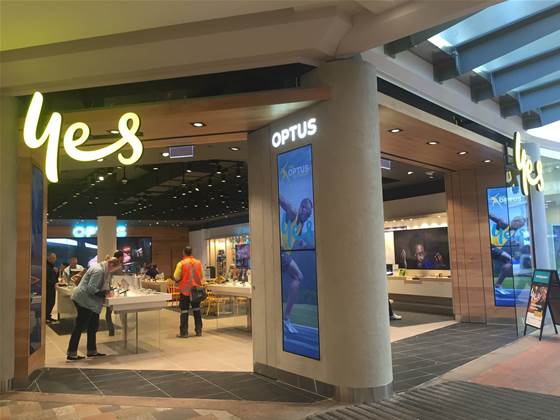Cisco and Optus established a new alliance with Curtin University and La Trobe University, combining resources and expertise in digital technologies to support economic resilience and transformation.

The National Industry Innovation Network (NIIN) serves as a model for industry and universities to collaborate on digital challenges and respond to long-term national interests.
It builds on previous partnerships between the telecommunications companies and the two universities, which included the investment in four research chairs across the institutions covering cyber security, artificial intelligence, internet of things (IoT) and software-defined networks.
The four foundation members of the network said it was created to pool collective resources including research chairs, innovation centres, supply chains, partner networks and specialist expertise.
NIIN will also act as both a clearing house for immediate industry challenges, stimulate economic activity and be a vehicle for transforming digital infrastructure.
One of the first projects to be tackled by the NIIN will be a white paper on the role of collaborative technology in remote working, with a specific focus on government, health and education sectors.
Cisco ANZ vice president Ken Boal said the ultimate aim of the network is to make Australia and its industries “more adaptive and resilient,” with the recent responses to the COVID-19 pandemic informing the development of the white paper.
“We can take learnings out of the recent surge in the adoption of collaboration technologies that have enabled remote working, and build on the capability and productivity that’s been realised, to support a more resilient digital economy and society,” Boal said.
Optus Business managing director Chris Mitchell added that the NIIN’s work can help inform governments and peak bodies on critical digital issues such as security, privacy, scalability and usability.
“Australia faces immense health and economic challenges and no single company or university has all the answers,” Mitchell said.
“In combining our technology, expertise and networks, we can create a greater impact together.”
Curtin University vice-chancellor Professor Deborah Terry echoed Mitchell’s comments, adding that previous collaborations demonstrated the value to communities and the economy when industry and universities share resources and expertise.



_(23).jpg&h=140&w=231&c=1&s=0)
_(28).jpg&h=140&w=231&c=1&s=0)
.png&h=140&w=231&c=1&s=0)



_(26).jpg&w=100&c=1&s=0)

 iTnews Executive Retreat - Security Leaders Edition
iTnews Executive Retreat - Security Leaders Edition












_(1).jpg&h=140&w=231&c=1&s=0)



